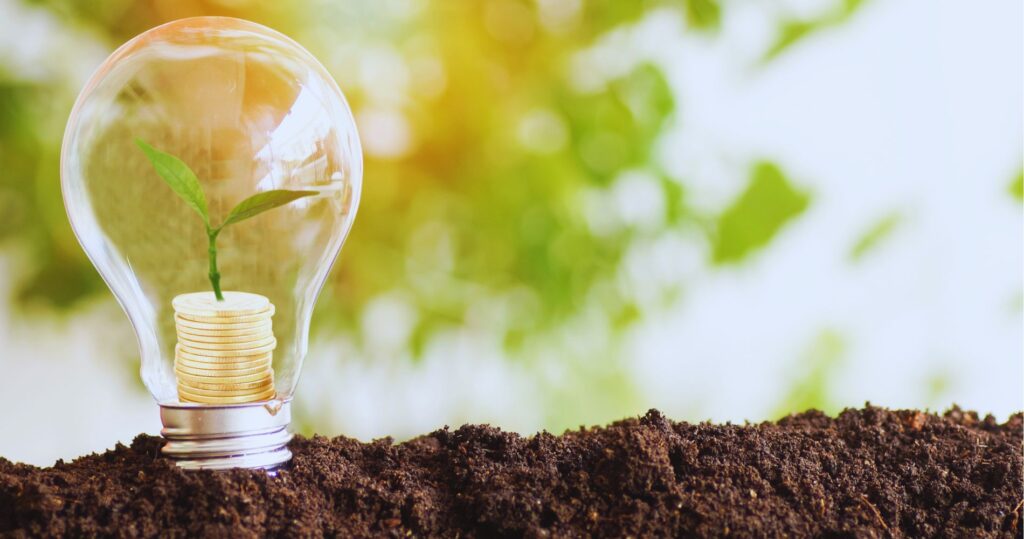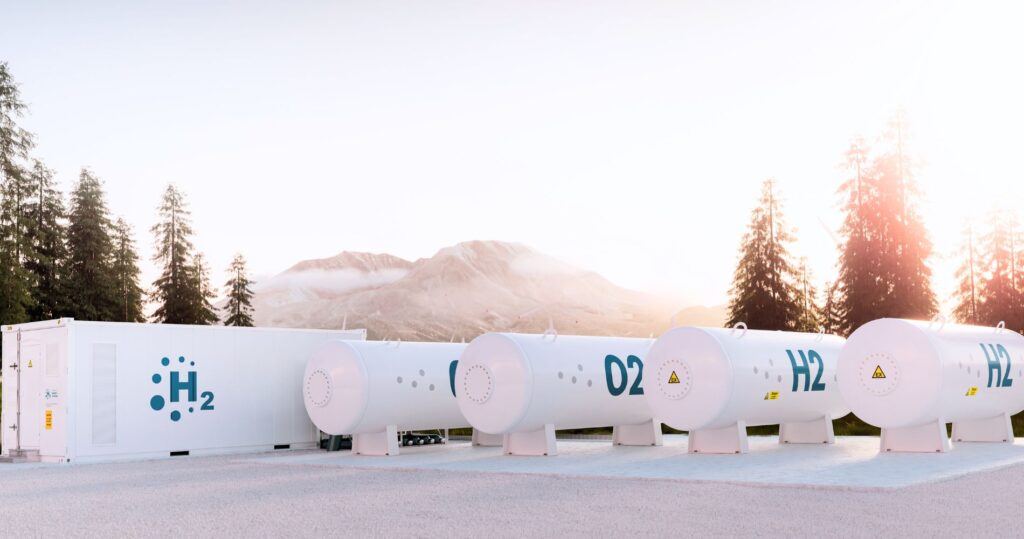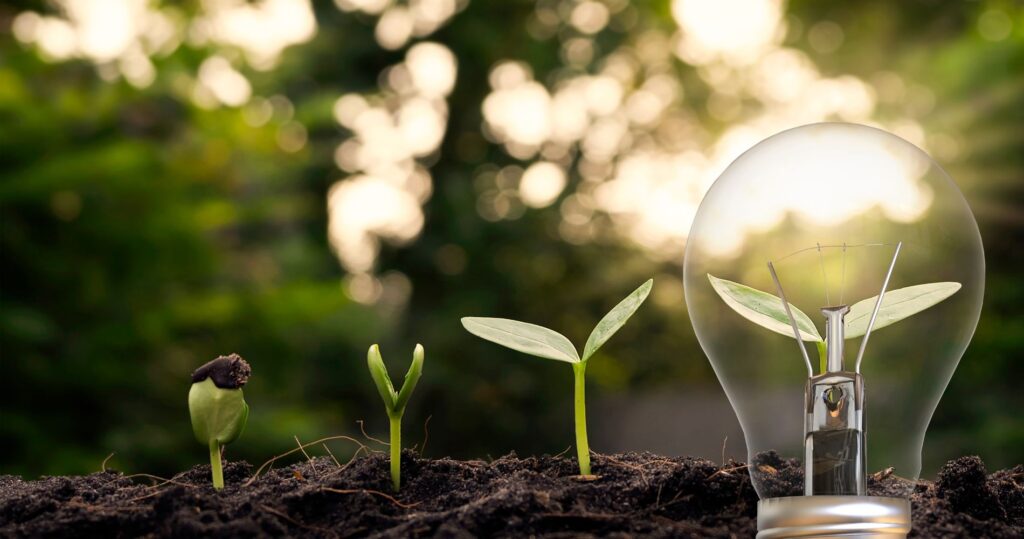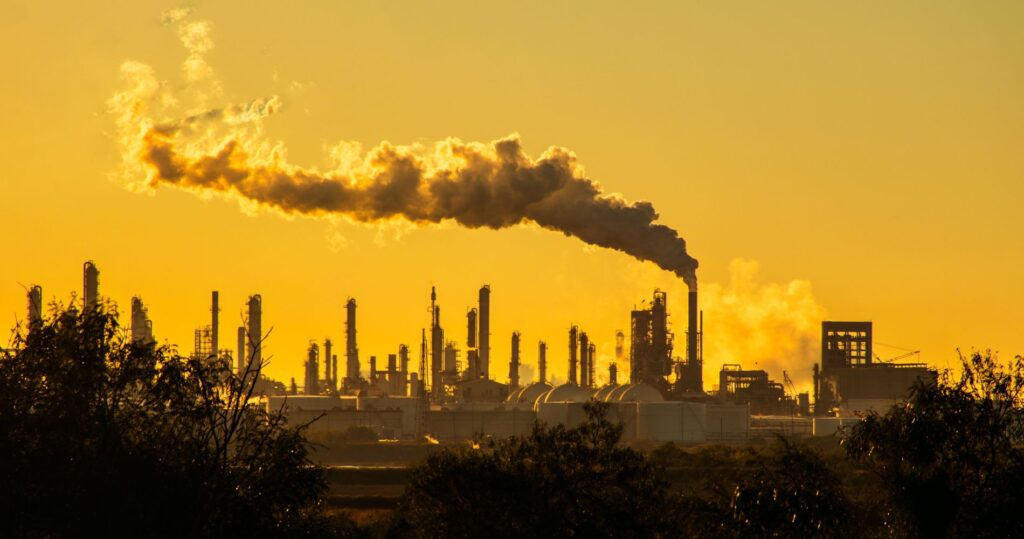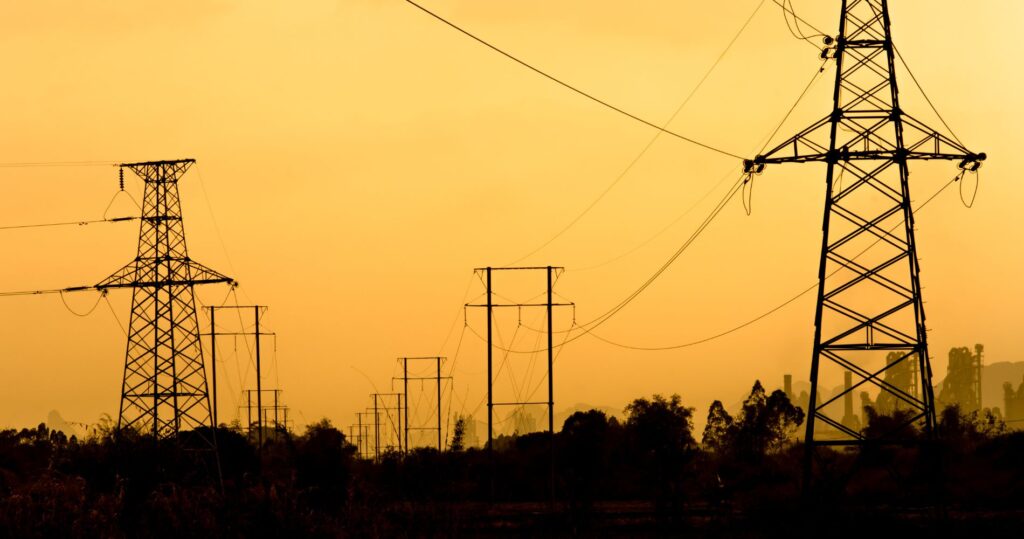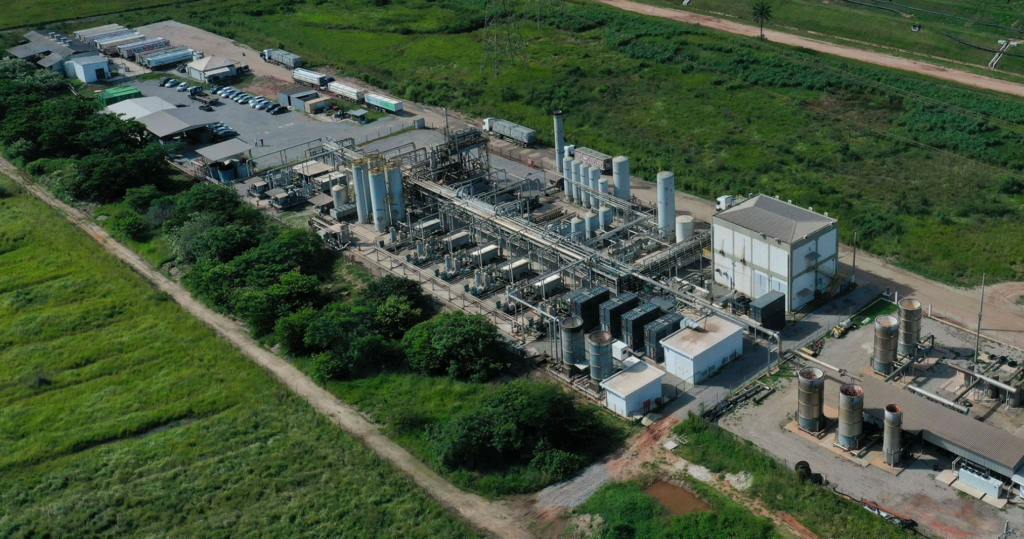In 2023, energy transition and ESG practices have become central. Climate changes intensify extreme phenomena, demanding actions like decarbonization. CFOs, previously focused only on finances, are now pivotal in the transition, assessing emissions and energy efficiency. Brazil invests in renewable energies but faces regulatory challenges. Green hydrogen emerges as a solution, with Brazil poised to lead its production. Transition and ESG practices are imperative for a sustainable future.
Hydrogen, the most abundant element in the universe, promises to revolutionize the energy sector with its "colored" variants, such as gray, blue and green. Brazil innovates with "green and yellow" hydrogen, derived from ethanol. While there are challenges such as transportation, the opportunities are vast, from job creation to global strategic positioning. Hydrogen symbolizes hope for a cleaner, more sustainable future.
The Earth faces significant environmental challenges, from polluting the oceans to destroying forests. In response, the global community mobilized, resulting in the Paris Agreement in 2015 aimed at limiting global warming. COP 27 reinforced the urgency of climate action, highlighting the need for food security and cuts in gas emissions.
The transition to renewable energy sources is critical to combating climate change. In Brazil, biomethane is emerging as a green alternative to fossil fuels. Learn about the biogas industry, the growth potential and the benefits of biomethane as a vehicle fuel.
Climate change is forcing companies to rethink their business models, with an increasing focus on clean energy and ESG (Environmental, Social and Governance) practices. The risk is clear, with extreme weather events costing the global economy $313 billion in 2022. Companies across industries are adapting their operations, from transitioning to wind and solar power to investing in water reuse systems and more weather-resistant equipment. climate. This transformation is linked to ESG, where environmental consideration has become a critical factor. The electricity sector is an example of rapid adaptation, with companies such as Enel drastically changing their business plans over the last decade, focusing on renewable energy generation.
Distributed Generation (DG), a concept that is expanding in Brazil and around the world, is at the heart of our sustainable energy future. It involves the production of electrical energy near or at the point of consumption, eliminating the need for long transmission and distribution networks. With the advancement of renewable energy technologies such as solar and wind, GD promotes a range of benefits including energy efficiency and resiliency.
Brazil can achieve carbon neutrality by 2050 through investments in renewable energy, transport electrification, and green hydrogen, as well as public policies and regulatory frameworks that encourage the energy transition.
